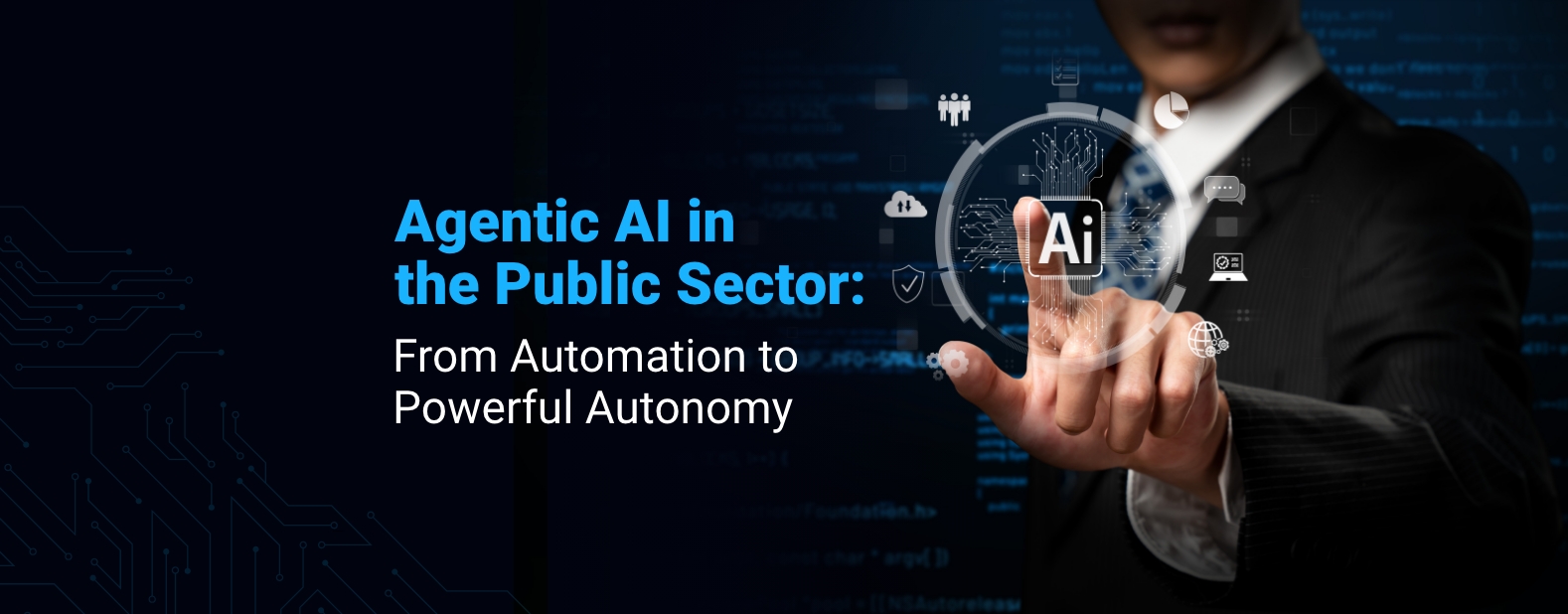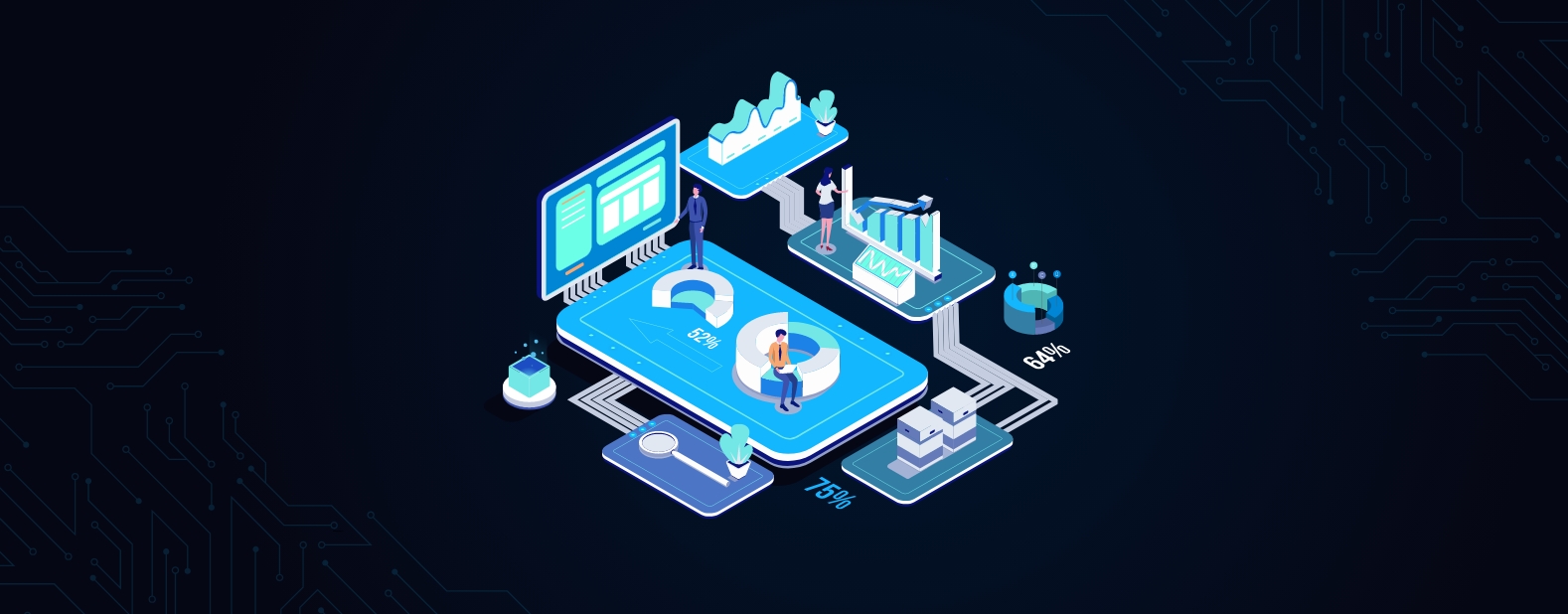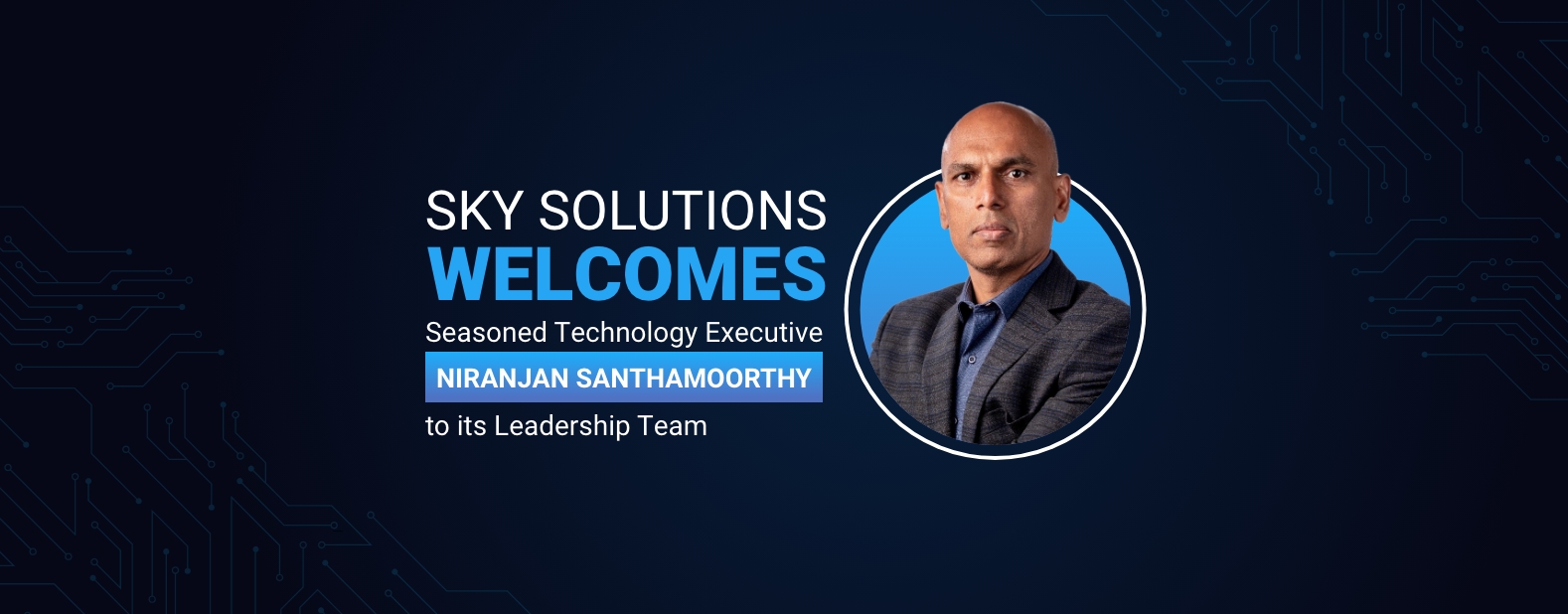As artificial intelligence evolves beyond static models and rule-based automation, a new paradigm known as agentic AI is emerging. Often referred to as multi-agent systems, this branch of AI is designed to not just follow commands, but to analyze, learn, adapt and, within business requirements, act with autonomy.
What is Agentic AI?
Agentic AI is an advanced artificial intelligence technology that goes beyond simple automation. As the name suggests, agentic AI exhibits agency, autonomy, purpose-driven decision-making, and the ability to learn from its environment. In short, agentic AI is designed to execute complex tasks autonomously, with little to no human supervision.
Unlike traditional AI, which requires and reacts to specific inputs, Agentic AI is proactive and exhibits initiative. It breaks down broad objectives into smaller tasks, adjusting strategies in response to real-time feedback. In the public sector, where complexity, scale, and accountability converge millions of times a day, Agentic AI can enhance governance, when it’s paired with robust AI governance frameworks to ensure transparency, accountability, and human oversight.
From Automation to Autonomy
Government agencies have successfully automated many routine tasks, from processing forms to deploying chatbots. But in dynamic environments with unstructured data and weighty decisions, simple automation has limits.
Agentic AI’s intelligent agents can be deployed to tackle highly complex missions with minimal human intervention, including breaking down goals, coordinating tasks across systems, learning from past cases, and adapting actions based on new data. Think of it as moving from task automation to goal-oriented autonomy.
Unlike earlier AI assistants that were rules-based and had limited ability to act independently, agentic AI agents can plan, reason across time, orchestrate multi-step processes, and even collaborate with other agents toward shared goals, much like a team of human specialists managing a project.
Emerging Use Cases
While real-world deployments are still in their early stages, the potential is clear. Some of the possible use cases include:
- Claims and Benefits Processing: Agentic AI systems can autonomously assess eligibility, flag inconsistencies, interpret and apply evolving policies, and recommend fair outcomes—acting like intelligent caseworkers in domains such as healthcare or disability services.
- Regulatory Monitoring: AI agents can actively monitor policy changes, detect emerging compliance risks, and trigger appropriate actions across departments, functioning like vigilant digital compliance officers.
- Crisis Response: During public health or environmental emergencies, AI agents can rapidly aggregate and interpret real-time data, recognize critical patterns, and coordinate cross-agency efforts, mimicking high-speed decision-making units or emergency task forces.
Challenges and Considerations
Agentic AI is not plug-and-play, and its implementation comes with several critical challenges. Effective governance is essential to ensure data quality, secure access control, and full accountability across systems. Equally important is ethical design, which involves embedding principles of fairness, transparency, and explainability into the algorithms that drive decision-making.
It’s vital to incorporate security and compliance protocols that safeguard sensitive information and ensure adherence to evolving regulations. System monitoring allows administrators to detect any potential anomalies and gain visibility into agent behaviors.
This is why training is critical, both for the AI agents and the people managing them. Agents need quality, relevant data to perform optimally, and the human teams administering them need the skill sets to understand, control, and review their actions. Additionally, during implementation seamless agent communication must be established to enable coordination and collaboration among these decentralized, autonomous systems, ensuring they work together cohesively toward established goals.
As technologies evolve, agents will increasingly integrate external tools, connect with legacy platforms, and approach higher levels of autonomy. And as always, human oversight, institutional alignment, and a focus on maintaining public trust play vital roles in ensuring AI-driven actions align with policy goals, ethical standards, and societal expectations.
Public sector leaders should approach this space with both ambition and caution by investing in experimental pilots, partnering with research institutions, and developing internal expertise to understand and manage these autonomous systems responsibly.
Sky Solutions: Your Partner in Agentic AI Transformation
Agentic AI is about empowering teams with modern capabilities and systems that work faster, and smarter too.
At Sky Solutions, we help federal agencies explore and implement agentic AI in practical, mission-aligned ways. We understand the unique challenges of public mandates, regulatory constraints, and the foundational importance of citizen trust. Our proven methodology includes defining government needs; establishing an ethical framework and governance model focused on transparency, accountability, and bias prevention; and ensuring robust data privacy protocols. We also emphasize security and compliance, continuous monitoring, and targeted training for both AI systems and human teams. We use pilot projects to validate approaches in real-world environments, ensuring scalable, seamless and responsible adoption.
Whether it’s modernizing claims operations with intelligent adjudication, streamlining workflows through low-code orchestration or piloting agentic assistants for citizen interaction, we combine deep technical knowledge with public sector insight to help you move from concept to execution.
Ready to explore the future of autonomous processes in government? Get in touch with us to pilot agentic AI that’s tailored to your mission.



